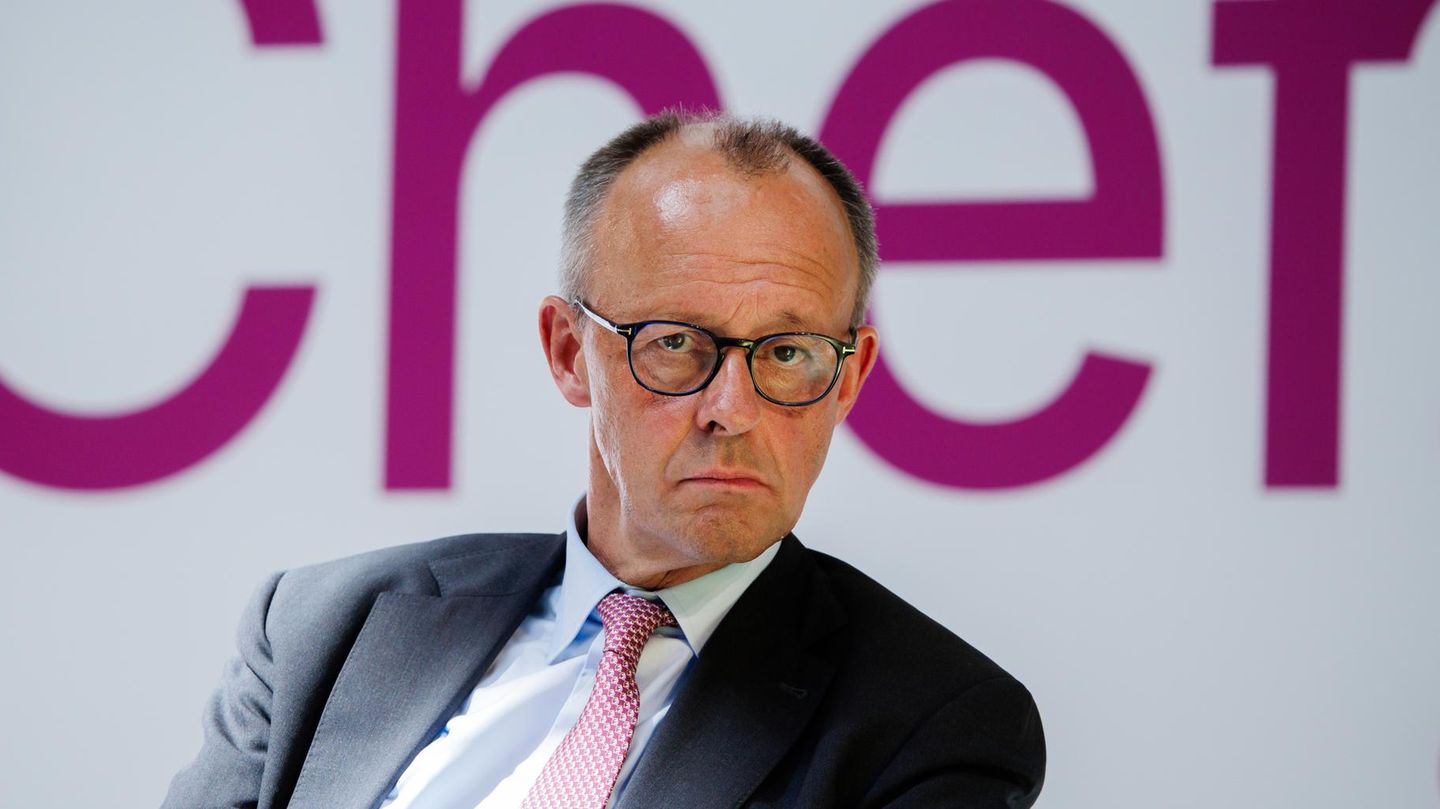Four out of ten people would value a salary increase to continue working in a company compared to a job proposal from another company. The other six assign greater importance to the benefits and compensations that are part of the emotional salary.
This is how we were able to determine it in a survey in which 482 professionals linked to the industrial sector participated. Its results allow us to understand the preferences that today affect people’s career decisions:
- Higher salary (37%)
- Professional development (30%)
- More vacation and paid time off (18%)
- Remote work (15%)
These indicators allow us to appreciate that three out of ten people prioritize benefits associated with a balance between work life and personal/family/social life.
While a similar proportion of professionals assign greater value to the opportunities provided by companies aimed at career development, such as training focused on the acquisition of critical skills for the labor market. In some cases they even finance postgraduate or specialization studies, such as an MBA.
But in terms of professional development, the interest is mainly focused on the career path that the company puts on the table. In which it shows each person the horizon of possibilities they would have within the organization, if they did not leave.
However, it is worth clarifying that beyond the impact that these components of emotional salary have on the search and selection processes, we are noticing a growing interest among candidates in knowing the inflation adjustment policies of the hiring company.
An interest that even exceeds the initial salary, when the conversation focuses on remuneration aspects. Which indicates that the salary outlook today is not a snapshot of the present offer that the company makes, but rather a future projection of that economic proposal.
It is worth clarifying that some people also pay attention to performance bonuses, or pension and insurance capitalization plans. Options more linked to remuneration aspects than to an emotional salary scheme.
Best practices for retaining talent
In times of labor uncertainty, such as those that Argentina is currently experiencing, within each productive sector there are constant challenges when it comes to retaining talent.
In order to meet this objective, in the first instance it is necessary to maintain fluid communication from the Human Resources area with each of the people who are part of the company. Especially with the most outstanding talents within the organization.
Otherwise, retention efforts will arrive at the wrong time, when the person has already made the decision to look for other options and applied for a job search.
Hence the importance of obtaining feedback on the reasons why you are leaving and what you are looking for to continue growing. A learning that can subsequently also be applied in the company in a transversal way.
The key is to talk to each member of the team, understand their work situation and expectations, know if they know their own limitations and think together about how to overcome them.
Although it is also important to transform the work culture of each company, into a collaborative, interrelated environment, with good dialogue. Without exposing errors, thinking about solutions.
Make the employee want to be in the workplace because they belong to that productive ecosystem, and talk about their purpose and that of the company, to align expectations.
Challenges that the labor market presents to attract talent
Beyond the practices that are implemented to retain or retain talent, it is essential to be able to determine the challenges that a challenging current situation poses to us. Among them, a situation that is beginning to expand is the significant number of declines that have been experienced in recent months within the framework of recruitment processes.
That is, profiles that are removed from job offers because they received a counteroffer from the company where they currently work.
In fact, in 2023, 70% of the positions that were not filled within the framework of job searches aimed at middle and senior managers had to do with this circumstance, with people who decided to opt out of the process. In the first months of 2024 the trend continues.
We believe that close support to the candidate who is going through a selection process is vital. And that investigating from the beginning about the degree of commitment and decision to change is essential, so as not to waste time.
With this objective, the recommendation is to include, when starting a selection process, a determining question: If you had the opportunity to reach the end of the process and received a counteroffer of work, would you continue moving forward or would you listen to the new job proposal for which you are currently working? do you want to go?
Taking into account that many profiles are hunted and do not apply, we must recheck in several instances the possibility of withdrawals from the process before reaching the final shortlist.
NUMAN Business Leader – Industrial Headhunter
Source: Ambito
David William is a talented author who has made a name for himself in the world of writing. He is a professional author who writes on a wide range of topics, from general interest to opinion news. David is currently working as a writer at 24 hours worlds where he brings his unique perspective and in-depth research to his articles, making them both informative and engaging.




